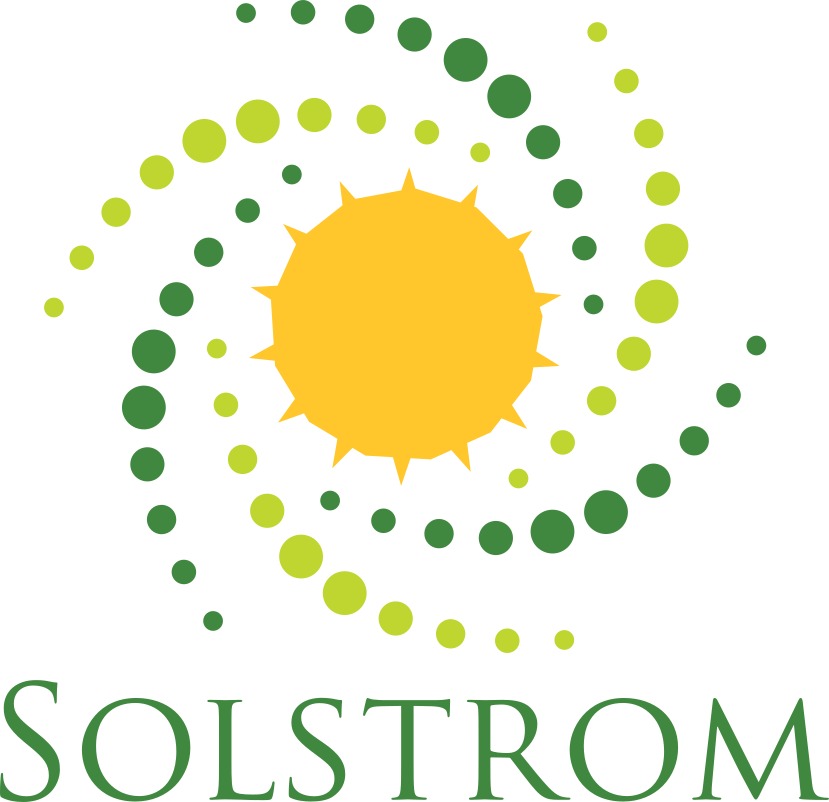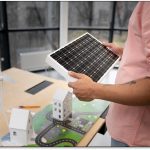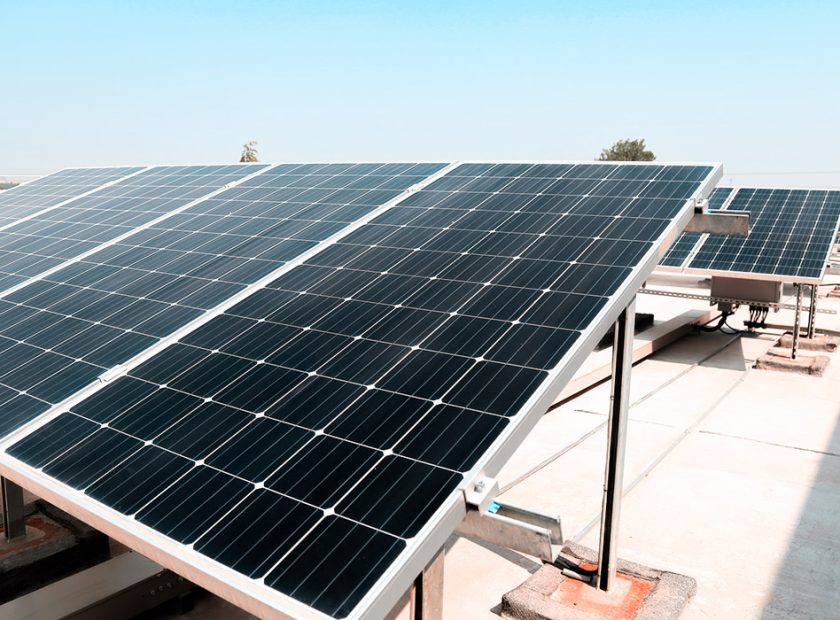Top 7 Solar Panel Faults

If you choose a solar energy system, you should be able to reap its benefits with minimal effort. Solar panels are relatively low-maintenance.
Despite this, nothing can be guaranteed to work. It’s important to take swift action once you detect a problem with your system’s operation to prevent the escalation of existing issues.
Here we’ve listed some of the most common problems affecting solar panels:
Hot spots on the panels: Hot spots are places where the panels are overloaded and get warm. Hotspots on solar panels are typically produced by poorly soldered connections or a mechanical defect in the solar cells.
The PV panel’s performance and longevity are decreased by this phenomenon, which can ultimately result in a short-circuit.
Roof issues
The solar system should not affect the structural integrity of your roof. On the other hand, it can function as a protective covering for the roof materials beneath. However, there are specific circumstances when the installation can negatively impact your roof. Make sure to check your roof every so often and call the people who put in your PV system if it seems to be damaged in any way.
Micro-cracks
The occurrence of “micro-cracks” in crystalline PV panels is a condition that happens commonly. These small tears in the solar cells are virtually undetectable.
Micro-cracks can appear during the manufacture of PV modules, but they can also happen during transport or as a result of sloppy handling techniques during installation. Larger micro-cracks will cause damage to the solar cells, resulting in production loss.
Potential Induced Degradation effect

PID can occur due to the voltage difference between the earthing and the solar panel. When this happens, the primary power circuit ends up producing partial voltage discharge. PID effect may degrade the efficiency and performance of the panels and lower their lifespan. Luckily, a solar professional can help to reverse or prevent the problem.
Internal corrosion and delamination
Internal corrosion (rusting) occurs when moisture penetrates into the panel. Panels must be air- and water-tight. In order to achieve this, the components of panels (the glass layer, the solar cells and the back sheet) are laminated under vacuum.
However, if the lamination process has been not done properly or was too short, this can lead to delamination during operation.
Delamination is the detachment of the laminated components. Delamination – but also incorrectly fitted module trim. Moisture leads to corrosion, which becomes visible as darker spots on the panel.
Snail trail contamination
- The contamination known as “snail trails” is another common issue with solar panels. The name derives from the brown lines on your panels, which give the impression that snails have crossed the surface.
- Snail trails are caused by a number of circumstances, including poor silver paste, and often appear only after a few years.
- This leads to moisture, which in turn causes oxidation between the encapsulating material and the silver paste.
- Additionally, tiny flaws in the PV system could cause contamination from snail trails. The issue lowers the solar system’s efficiency and hastens its early failure.
Inverter problems
- Solar panels require an inverter to convert the direct energy produced by the sun into the alternating current that your home now uses. An inverter resembles a box and is frequently put on the upper floor.
- Inverters are not as durable as solar panels, which typically have a 20-year lifespan. It has been reported that inverters used in solar energy systems need to be replaced every 10–15 years.
- PV systems can be incredible powerhouses, but they are not flawless. They are susceptible to manufacturing flaws and deterioration, just like any other device.
- The most important thing is that you be aware of how your system works and what it produces, and that you promptly report any changes.
If you suspect that your solar modules are suffering from one of the problems listed above, we can help you specify and execute specific tests in order to identify and potentially mitigate them.
- Call us Tel: 9952054308
- chat with us:
- Email us: ram@solstrom.in







